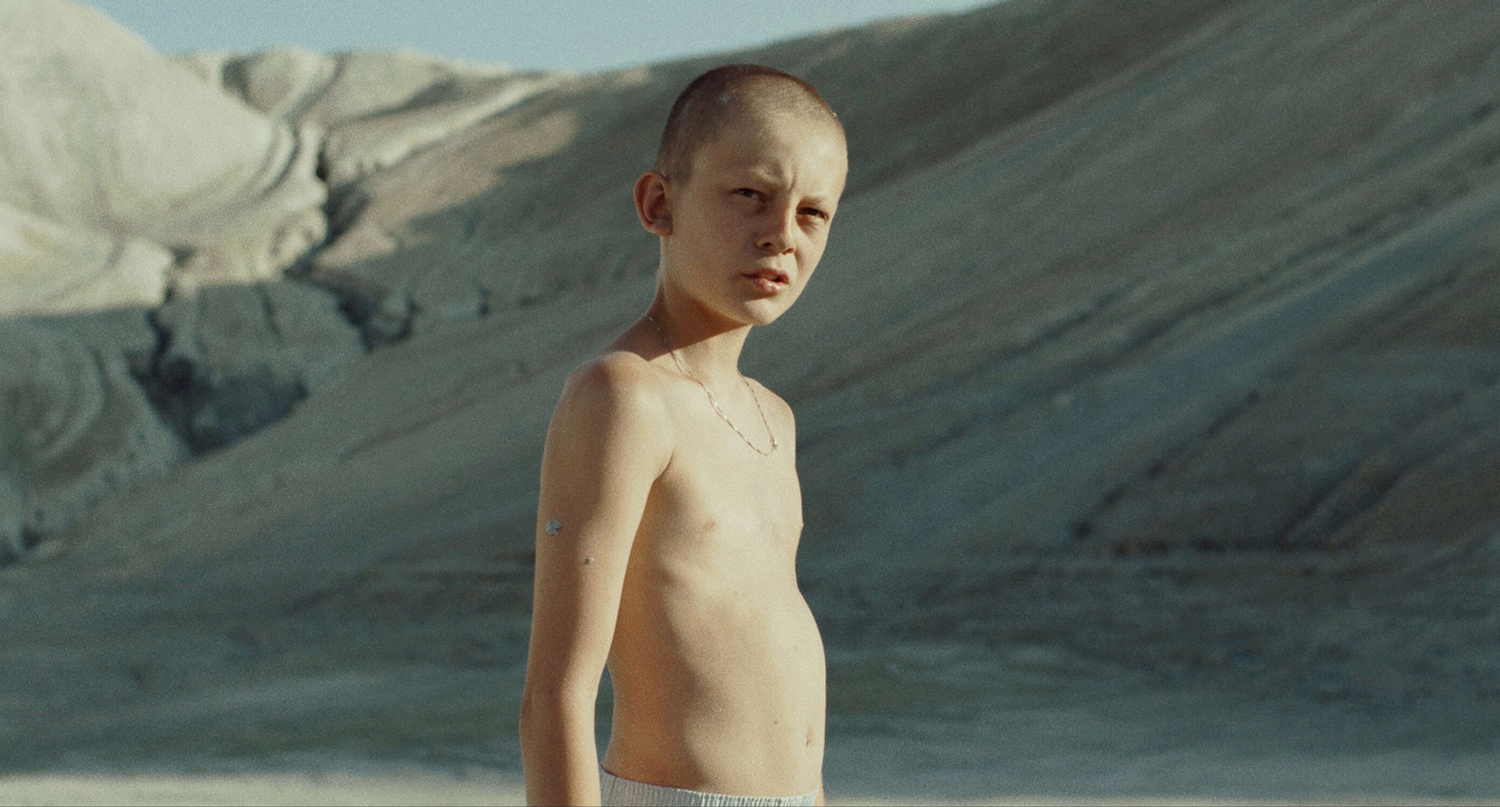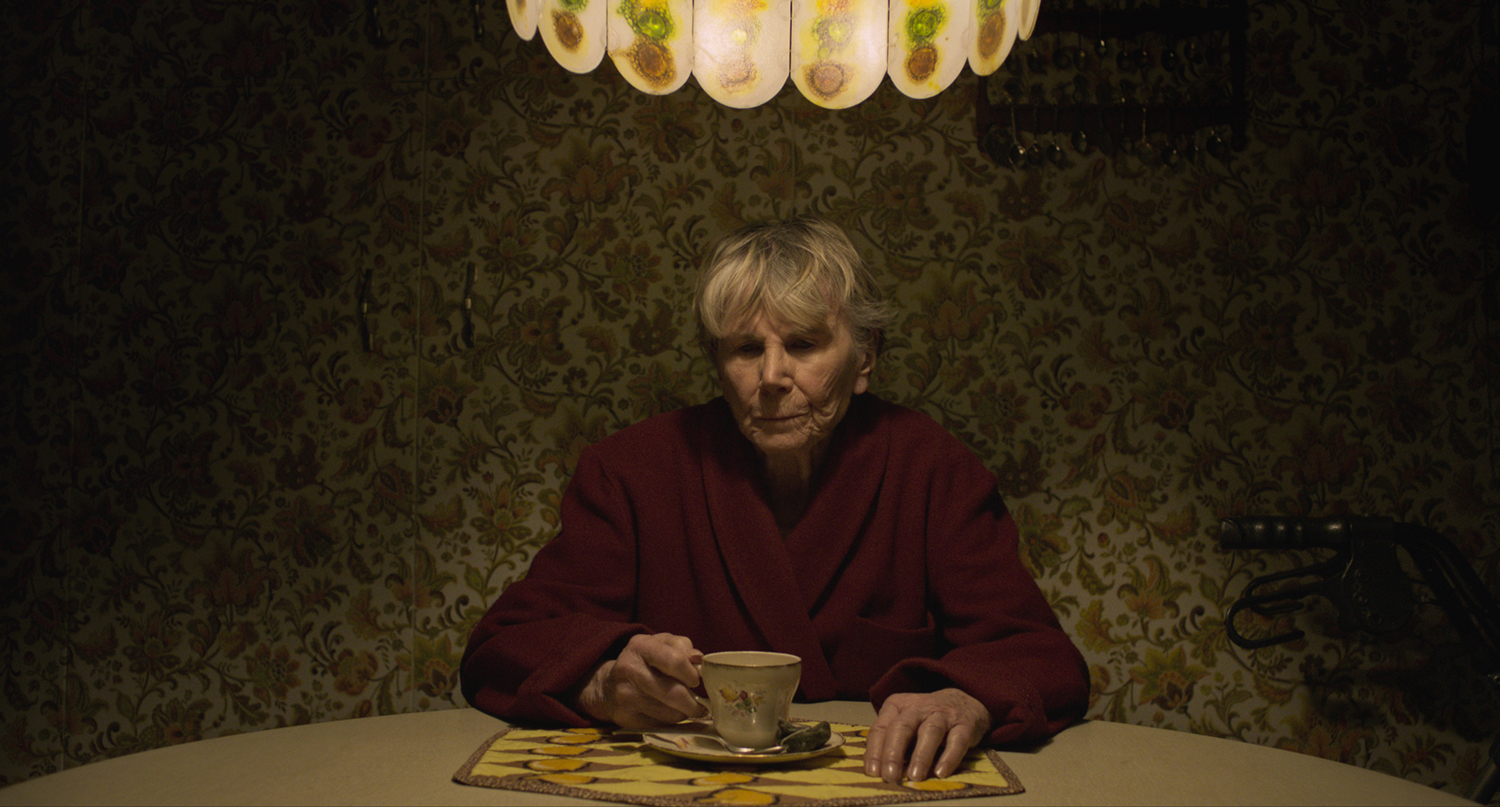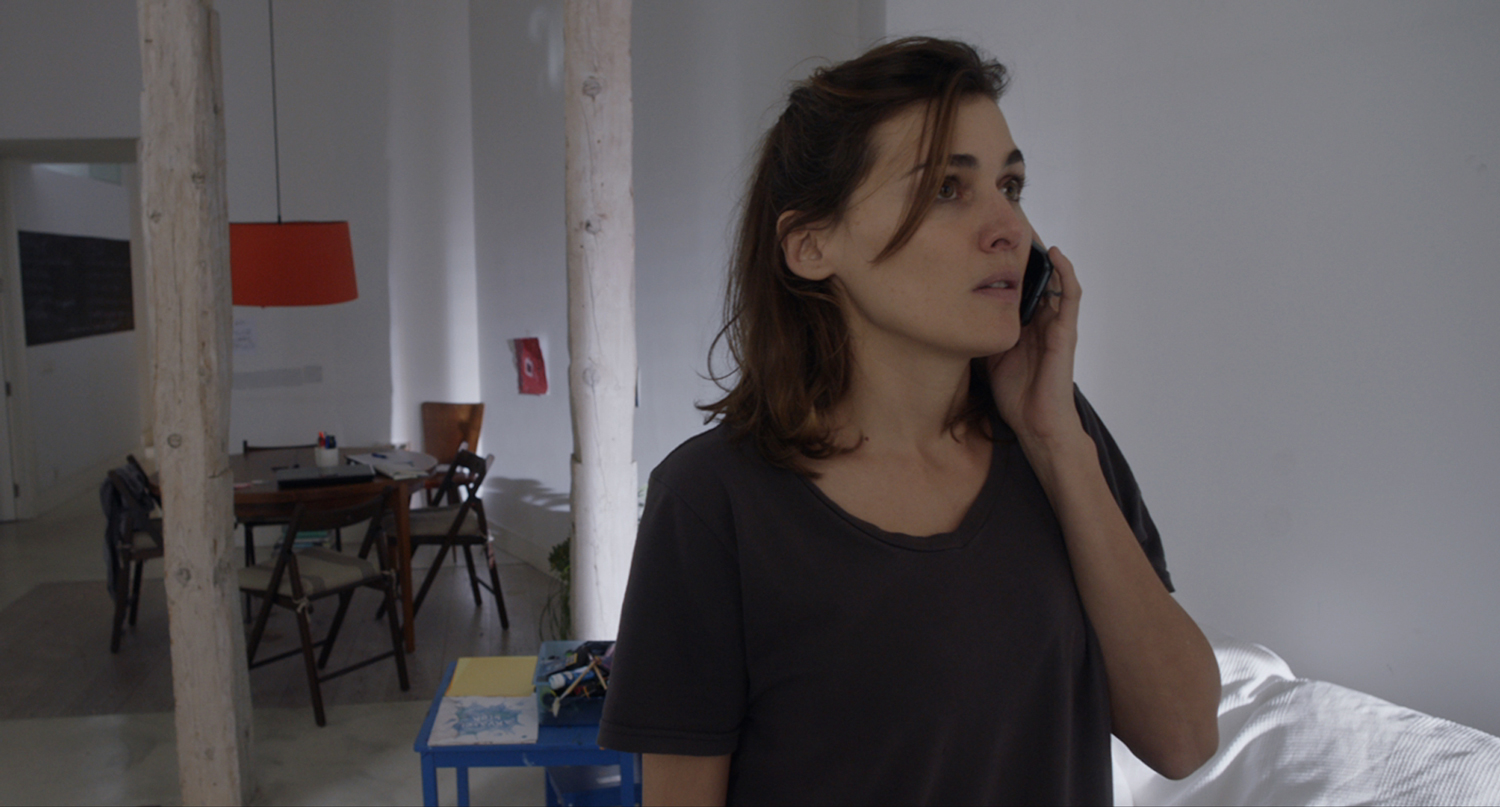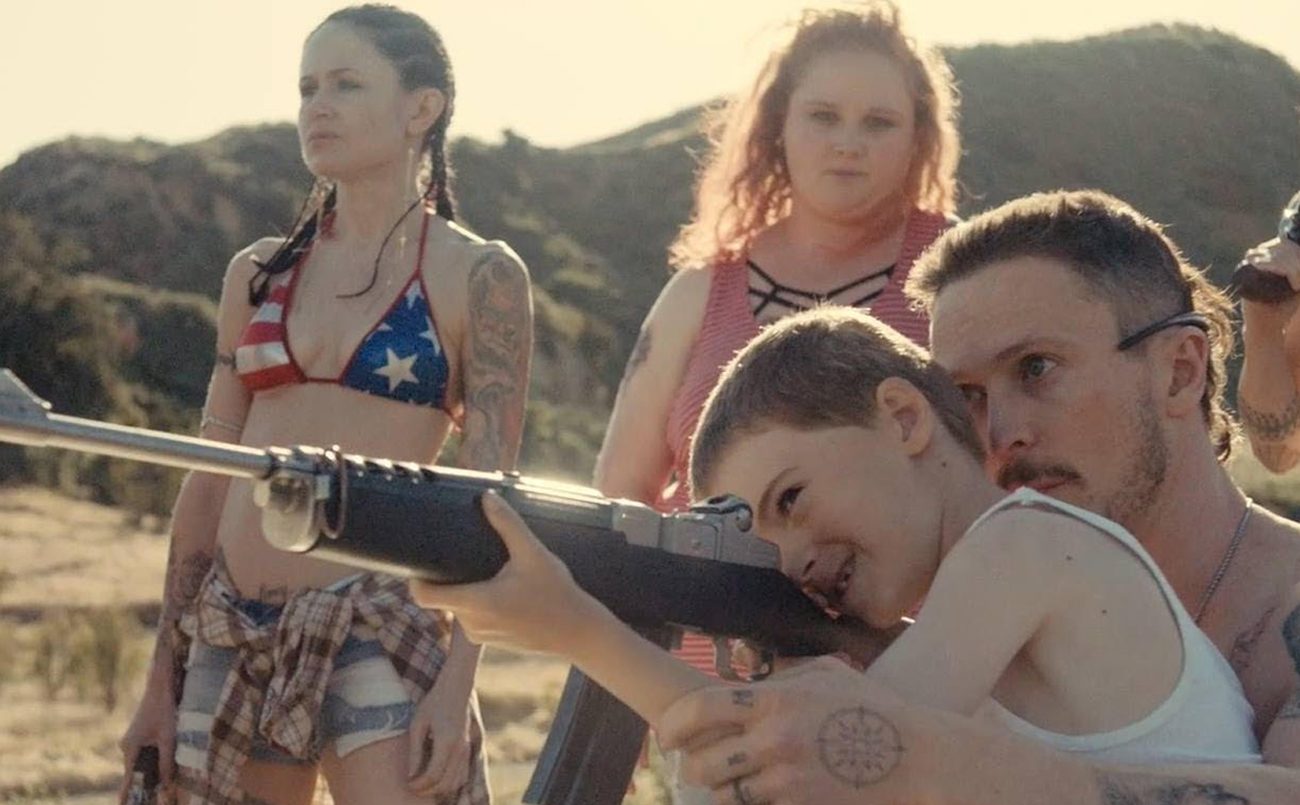The short story is a wonderful art form. There are storywriters — Alice Munro, Anton Chekov, Denis Johnson, James Joyce, to name a few heavies — who can accomplish more in a few pages than most writers achieve in their baggy and cumbersome novels. A good short story is like a cosmic slap in the face.
Same with short films, I’ve discovered. This year’s Oscar nominees, for instance, represent a strong and diverse sampling of what can be achieved in a single reel, as it were. Give a talented director and writer 10 or 20 minutes, and they might just break your heart or help you rediscover your joy.
Turns out it takes far less time to create (or re-create) the universe than was previously suspected.
Here, then, are this year’s Academy Award-nominated live-action short films.
Enlarge

Detainment
Based on actual interviews and court transcripts, Detainment tells the relentlessly unnerving story of a pair of 10-year-old boys who, inexplicably, murdered a toddler they abducted from a shopping center in Liverpool in 1993. The film, written and directed by Vincent Lambe, is as repulsive as it is riveting — a precipitous tumble into the abyss of human evil. Short on answers and devoid of all but implied violence, the film is nonetheless rife with implications about the sociopathy of children, the gravitational pull of peer pressure and the incomprehension we experience in the face of motiveless murder. Most disturbing is the suggested intertwining of innocence and brutality, as well as the broader tragedy of the modern world, where children — through a paradoxical twist of legal logic — are tried as adults. It all spools out like Hitchcock’s Rope, but with adolescents. You’ll want to look away — but you won’t, because you can’t. It’s a terrifying film that left me hyperventilating with anxiety.
Enlarge

Fauve
Another breathlessly suspenseful and tragic story about two adolescent boys being boys, Fauve opens on a touching scene of childhood innocence: A pair of kids playing a game of “chicken” in an abandoned train in the rural countryside of Québec. As each one tries to out-scare the other, we’re treated to a vision of youthful power dynamics, which amounts to the question: “Can I make you flinch?” As the competition progresses, the two boys wander into an open pit mine, where they stumble upon a quagmire that holds far more than they bargained for. Written and directed by Jérémy Comte, Fauve begins in larkishness and ends in the ultimate loss of innocence — a short, symbol-rich journey that, despite its brevity, traverses a literal lifetime of emotional geography. It’s a beautiful and quietly devastating film.
Enlarge

Marguerite
Life, death, aging, human communion and forbidden love, all contained in a film that runs less than 20 minutes: That is the emotional wallop of Marguerite, a simple yet profound story about the relationship between a young elder-care nurse and her dying client. An overheard bit of phone conversation leads housebound Marguerite (Béatrice Picard) to the discovery that her caretaker, Rachel (Sandrine Bisson), is a lesbian, which awakens in Marguerite a long-ago — and long-repressed and unconsummated — flame she herself had for a woman in her younger days. “What’s it like to make love to a woman?” she asks Rachel. What transpires between the nurse and her client is beautiful and oddly moving, as regret and compassion create a bond between two human beings whose experiences were defined and constrained by the times in which they lived. Writer/director Marianne Farley’s touch is gentle and sweet. No political statements are made, and no axes ground to dogma; rather, this is a timeless tale of understanding, connection and grace. It ripped my heart out.
Enlarge

Madre
Holy hell. Apparently, children in jeopardy is the implicit partial theme of this year’s Oscar shorts, and Madre — among some already stiff competition — might be the direst and most chilling of the lot. Director Rodrigo Sorogoyen’s nasty blast of a film plays like Polanski-meets-Hitchcock shot out of a choke-bore cannon cast from pure maternal anxiety. The film opens, deceptively, on a languorous panning shot of some desolate coastline in France, and lurking in the natural beauty we already sense a terrible threat. The film quickly transitions to a Spanish apartment, where a mother and daughter are bantering back and forth. The phone rings. It’s the young mom’s 6-year-old son, whom we hear only over the line. Dad’s disappeared, he says. And the kid doesn’t know where he is — France or Spain, somewhere. The beach is empty until “a man” appears. The batteries on the phone start to die. It’s not good, not at all. In fact, it’s a nightmare. Watch at your own risk.
Skin
Director Guy Nattiv’s Skin is at once the most powerful and, ironically, the weakest of this year’s nominated shorts — a tale of extreme karmic retribution that utilizes a Twilight Zone reversal to make an obvious point that, in the end, adds little (perhaps less than little) to the dialogue about our current state of race relations. Jonathan Tucker is appropriately vile as Johnny, the white supremacist who stokes a gang reprisal when he mercilessly beats a black man (Ashley Thomas) for merely smiling at his son at a grocery store. Trapped at the center of this endless rivalry are the children, of course, but Nattiv’s narrative is too heavy handed and didactic to build empathy in any direction, and all we see are characters who become pawns in a field of ideological warfare. A feature-length film is due this year, though it’s hard to see that adding anything to the rather rote ideas that drive this story.
The 2019 Oscar-nominated live-action and animated short films are now showing at Bijou Art Cinemas; info and times at bijou-cinemas.com.
